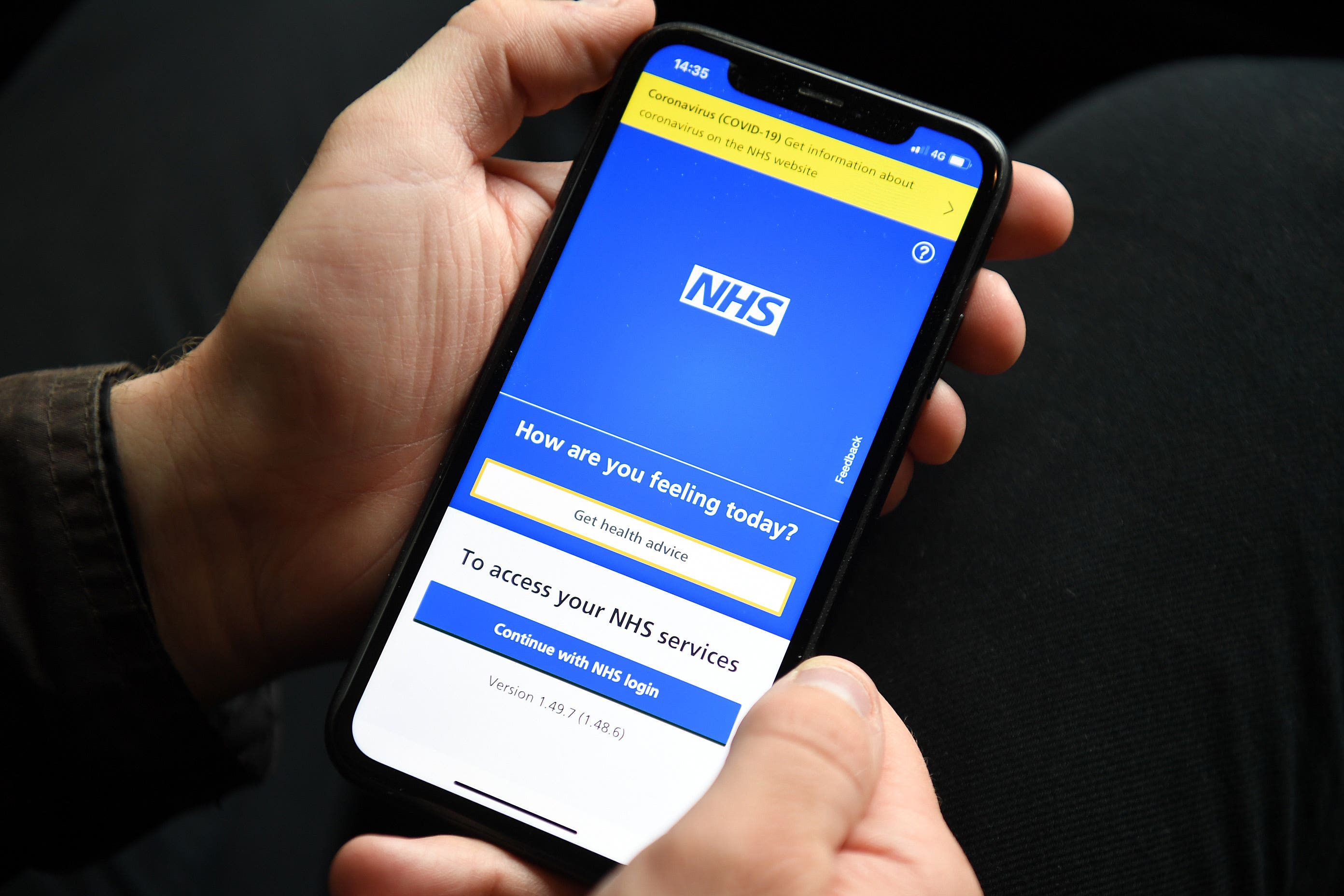GPs ‘sceptical’ about giving patients online access to medical records – study
Some family doctors said their patients would find the information ‘more confusing than helpful’.

Your support helps us to tell the story
From reproductive rights to climate change to Big Tech, The Independent is on the ground when the story is developing. Whether it's investigating the financials of Elon Musk's pro-Trump PAC or producing our latest documentary, 'The A Word', which shines a light on the American women fighting for reproductive rights, we know how important it is to parse out the facts from the messaging.
At such a critical moment in US history, we need reporters on the ground. Your donation allows us to keep sending journalists to speak to both sides of the story.
The Independent is trusted by Americans across the entire political spectrum. And unlike many other quality news outlets, we choose not to lock Americans out of our reporting and analysis with paywalls. We believe quality journalism should be available to everyone, paid for by those who can afford it.
Your support makes all the difference.Giving patients access to online medical records will make them “worry more”, according to a survey of GPs.
Family doctors said patients could find the records “more confusing than helpful”, according to a study published in the journal BMJ Open.
An international team of researchers, including from the universities of Plymouth, Manchester and Bristol, examined the impact of giving patients full access to their GP records.
All GP surgeries are required to give patients in England online access to new information as it is added to their record.
The NHS.uk website says patients can view their records using the NHS app or by logging into their account on the NHS website.
But researchers said there is “limited knowledge about the opinions of doctors in the UK regarding patients having access to their health records online”.
They surveyed 400 GPs across England, and found that only a third (33%) thought it was a good idea.
Nine in 10 (91%) believed such access would make patients “worry more” while 85% believed their patients may find the records “more confusing than helpful”.
The authors of the study, led by academics at Uppsala Universitet in Sweden and Harvard Medical School in the US, said most GPs “believed the practice would exacerbate work burdens” after 60% said a majority of patients would find significant errors in their records, and 89% said the initiative would require time to address patients’ questions about their records.
The majority (81%) said consultations are already taking longer than previously, or will do.
Almost three-quarters (72%) said they would be “less candid” in their documentation as a result of the changes.
GPs in our sample were sceptical of ORA, believing patients would worry more and find their records more confusing than helpful
Some 62% said they believed online access would “increase their litigation”.
But seven in 10 (70%) GPs said giving patients access would help them feel in more control of their care while 60% said such a move would help patients remember their care plan.
“GPs in our sample were sceptical of ORA (online records access), believing patients would worry more and find their records more confusing than helpful,” the authors wrote.
“Most GPs also believed the practice would exacerbate work burdens.
“However, the majority of GPs in this survey also agreed there were multiple benefits to patients having online access to their primary care health records.”
Data released in December showed that 81% of GP practices in England were giving patients access to their records online.
The college has produced resources for GPs and their teams to help them navigate the implementation of this initiative safely and effectively
Commenting on the study, Professor Kamila Hawthorne, chairwoman of the Royal College of GPs, said: “We want our patients to be more involved and interested in their care, and for this reason the college has always been supportive of giving people online access to their medical records.
“Evidence shows this has benefits for patients, such as giving them more control of their health and helping them to remember care plans – things acknowledged by the majority of GPs surveyed in this research.
“However, the concerns raised by the respondents are valid and need to be recognised and managed carefully.
“The college has produced resources for GPs and their teams to help them navigate the implementation of this initiative safely and effectively – ultimately, GPs want the best for their patients, and we understand that over 80% of practices have already switched on this functionality.”
An NHS spokesperson said: “As most GPs surveyed for this study agree, these changes will bring significant benefits for patients who will feel more in control and across the details of their care with over 24 million people already able to view test results, check consultation notes and order repeat prescriptions via the NHS App – which at least 3.1 million people do every month.”
Previous work by the health body found that early adopters of the initiative “did not see a noticeable increase in workload” and some GPs reported a reduced burden due to fewer data access requests and fewer calls from patients requesting test results.